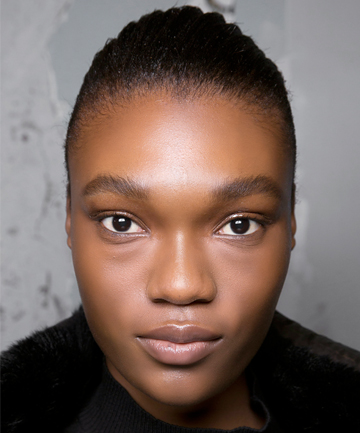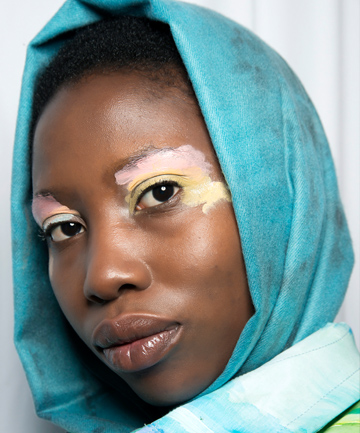Retinol: It's the ingredient that has people stressing almost as much as when you use the last drop of a discontinued beauty product. Retinol products have a reputation for being effective but harsh. And here we are in the middle of winter when skin is put through the ringer with blustery winds, freezing temperatures, drying central heating and more. It sounds like risky business to pair a notoriously potent ingredient with harsh weather, so we asked experts about the best ways to use retinol in the winter without skin suffering a major reaction.
Image via Ridofranz/iStock/Getty Images Plus/Getty
Retinol already has the potential to be irritating, particularly if newbies start using too much and/or applying it too quickly. The results can be dryness, redness, peeling and stinging. Board-Certified Dermatologist Dr. Naissan O. Wesley says that cold weather can also produce these same symptoms on its own. So, when you combine retinol with baseline skin irritation from frigid winter, it can result in a double whammy of skin irritation.
Dermatologist Dr. Mona Gohara, MD says, "With temperatures dropping along with humidity levels, our skin can lose lots of its natural moisture and oils leading to irritation, which can sometimes be activated by our skincare products, including retinol."
Image via Imaxtree
Those with naturally dry skin are probably wondering whether this puts them in a more precarious position. Geneva-based dermatologist and founder of Forever Institut and Alchimie Forever Dr. Luigi L. Polla concurs that retinol is harsher on dry skin versus normal or oilier skin types. There is a silver lining because the side effects of retinol have nothing to do with the efficacy of the ingredient. Polla says, "In other words, it can be as effective on dry skin types (with more irritation) as it is on thicker, oilier skin types (with minimal irritation)."
Board-Certified Dermatologist Dr. Susan Van Dyke points out that dry skin can signal a break in the skin barrier, which would make retinol harsher on very dry, cracked skin.
Image via Imaxtree
Dry skin, oily skin, or somewhere in between: Gohara says that there are many ways to alter a retinol routine to make it just as effective as it would be on other skin types or during different seasons. (Hooray!)
Image via PeopleImages/E+/Getty
A pea-sized drop of retinol is enough for the entire face, according to Wesley. She recommends starting slooowly. Look for a lower concentration of retinol, too. Try using retinol every other night, or every third night or even once a week then gradually build up. Celebrity Esthetician Shani Darden suggests adding one additional night every week. It's not a race.
Gohara says that rest days give skin a chance to recover between each use.
Image via PonyWang/E+/Getty









